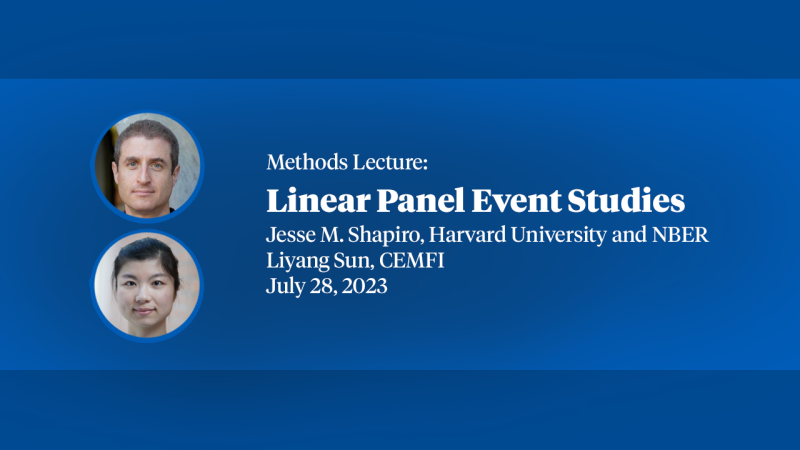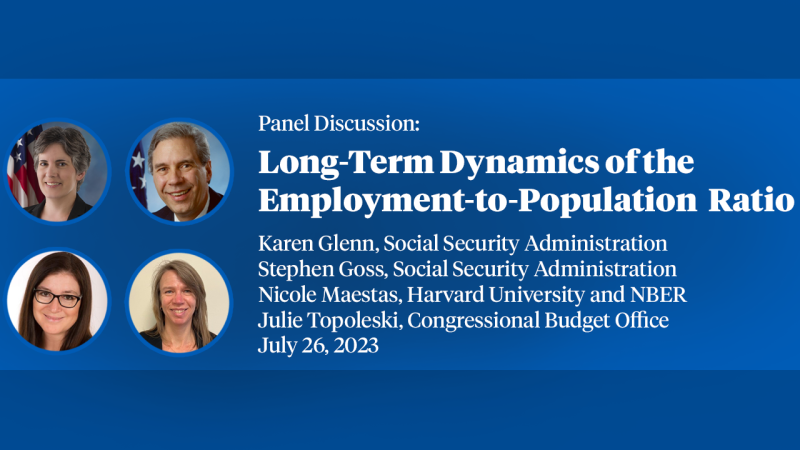Open-Source Software Creators: It’s Not Just About the Money

More than 90 percent of Fortune 500 companies use open-source products, reflecting the important role they play in the economy. Business leaders and policymakers have puzzled over how to motivate and direct the efforts of open-source code developers. Annamaria Conti, Vansh Gupta, Jorge Guzman, and Maria P. Roche conclude that financial rewards may act as a disincentive rather than an incentive for this group in their new study Incentivizing Innovation in Open Source: Evidence from the GitHub Sponsors Program (NBER Working Paper 31668). This study examines the Sponsors program, launched in May 2019 by GitHub, the world’s largest host of open-source software development projects. The program offers organizations and individuals a way to compensate developers for their work on the GitHub platform. Sponsors may receive benefits including a mention in the software documentation, priority support on the sponsored software, or general consultation sessions.
The output of software creators who joined a program that offered rewards to code developers was 54 percent greater than the output of those who did not, but after compensation was given, output dropped by 16 percent.
Participation in the program is voluntary. The researchers analyze monthly data on the 14,892 GitHub developers from across the globe who elected to participate in GitHub Sponsors between May 2019 and June 2022. They compared this group to another group of 87,310 randomly selected nonparticipants and controlled for qualitative differences between developers in the separate groups.
They find that developers stepped up their output, relative to the control group, by about 54 percent after they joined the program. Developer productivity is measured by the monthly creation rate of new open-source projects. Participation also boosted the quality of output. However, after developers obtained their first sponsorship, their output declined by 16 percent.
The researchers speculate that being compensated may change the developer’s perception of a task, making it appear more difficult and less enjoyable. They further suggest that the intrinsic reward of freely creating and contributing software for public use may be greater than the extrinsic reward of producing it on demand to satisfy a funder’s request. “[U]sers on open source platforms,” they write, “may resemble scientists who are driven by intrinsic motivation and non-pecuniary incentives such as the joy of puzzle solving, peer recognition, and interaction with other scientific community members…. the inclusion of monetary incentives remains a fragile balancing act.”
— Steve Maas
GitHub has supported NBER meetings on Digital Economics and AI. The authors of this summarized working paper were not associated with this support. Working paper topics are independently chosen by research affiliates.
The researchers acknowledge funding from the Swiss National Science Foundation (Project ID: 100013_188998) and from the Harvard Business School Division of Research and Faculty Development.


